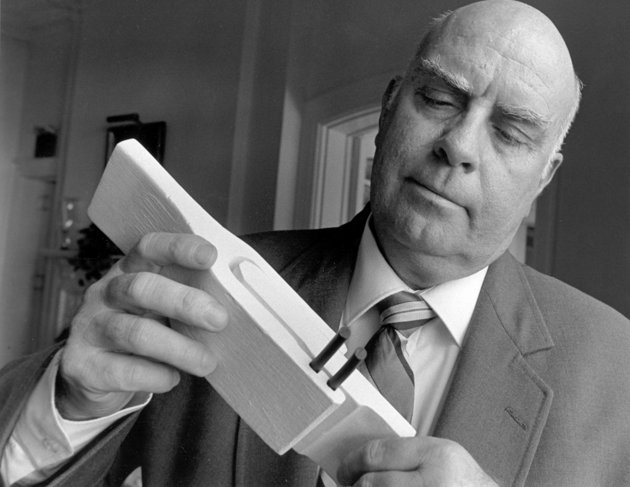Roger and other engineers tried to stop the launch the night before the launch but NASA protested and pressured the contractor to withdraw the objection. His superiors voted to give NASA the all clear to launch. The only surprize was that Challenger made it off the ground. Roger said the engineers expected it to blow up on the launch pad.
Roger Boisjoly, who tried to stop the space shuttle Challenger launch, has died
By Claudine Zap
Claudine Zap
By Claudine Zap | The Upshot – 17 hrs ago
For anyone of TV viewing age in January 1986, the image of the space shuttle Challenger exploding over the Atlantic just moments after liftoff is an indelible one. And as many have long known, the crash could have been avoided had the worries of some engineers— especially Roger Boisjoly —been heeded. Boisjoly, who tried to blow the whistle on the faulty rocket-booster seals that ultimately caused the shuttle to break up in mid-launch, died in Utah on January 6 at the age of 73.
Boisjoly, a rocket maker for NASA contractor Morton Thiokol, became convinced months before the Challenger disaster that the rocket boosters were faulty. In a memo to his employer he said that they could cause "a catastrophe of the highest order -- loss of human life."
 Boisjoly and four other colleagues warned that elastic seals on the boosters tended to stiffen and unseal in cold weather--a potential hazard even at Kennedy Space Center in Cape Canaveral, Florida. And on the morning of the launch, the weather was cold.
Boisjoly and four other colleagues warned that elastic seals on the boosters tended to stiffen and unseal in cold weather--a potential hazard even at Kennedy Space Center in Cape Canaveral, Florida. And on the morning of the launch, the weather was cold.
In an interview with NPR three weeks after the incident, Boisjoly recounted that he recommended against the shuttle launch when subfreezing temperatures were expected. "We all knew if the seals failed, the shuttle would blow up," he said.
The nation was shocked by the explosion, which involved astronaut Christa McAuliffe, the first "Teacher in Space." All seven astronauts were killed when the shuttle fell apart 73 seconds after liftoff. A presidential commission determined that hot gases leaked through a joint of a booster rocket after takeoff and led to an explosion of rocket fuel.
The engineer told the Associated Press back in 1988, "When I realized what was happening, it absolutely destroyed me. It destroyed my career, my life, everything else."Still, though his whistleblowing was ignored, Boisjoly received awards from the American Association for the Advancement of Science and the Institute of Electrical and Electronic Engineers for his efforts
Roger Boisjoly, who tried to stop the space shuttle Challenger launch, has died
By Claudine Zap
Claudine Zap
By Claudine Zap | The Upshot – 17 hrs ago
For anyone of TV viewing age in January 1986, the image of the space shuttle Challenger exploding over the Atlantic just moments after liftoff is an indelible one. And as many have long known, the crash could have been avoided had the worries of some engineers— especially Roger Boisjoly —been heeded. Boisjoly, who tried to blow the whistle on the faulty rocket-booster seals that ultimately caused the shuttle to break up in mid-launch, died in Utah on January 6 at the age of 73.
Boisjoly, a rocket maker for NASA contractor Morton Thiokol, became convinced months before the Challenger disaster that the rocket boosters were faulty. In a memo to his employer he said that they could cause "a catastrophe of the highest order -- loss of human life."

In an interview with NPR three weeks after the incident, Boisjoly recounted that he recommended against the shuttle launch when subfreezing temperatures were expected. "We all knew if the seals failed, the shuttle would blow up," he said.
The nation was shocked by the explosion, which involved astronaut Christa McAuliffe, the first "Teacher in Space." All seven astronauts were killed when the shuttle fell apart 73 seconds after liftoff. A presidential commission determined that hot gases leaked through a joint of a booster rocket after takeoff and led to an explosion of rocket fuel.
The engineer told the Associated Press back in 1988, "When I realized what was happening, it absolutely destroyed me. It destroyed my career, my life, everything else."Still, though his whistleblowing was ignored, Boisjoly received awards from the American Association for the Advancement of Science and the Institute of Electrical and Electronic Engineers for his efforts


Comment